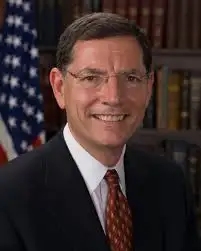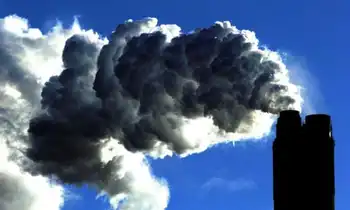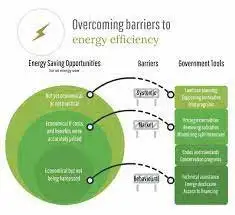Jordan wants 'peaceful' nuclear program
By Associated Press
NFPA 70b Training - Electrical Maintenance
Our customized live online or in‑person group training can be delivered to your staff at your location.

- Live Online
- 12 hours Instructor-led
- Group Training Available
In an interview with the daily Haaretz, Abdullah said his desert kingdom, which borders Israel and has a peace agreement with it, wanted nuclear power "for peaceful purposes" and was already discussing its plans with Western countries.
"The rules governing the nuclear issue have changed in the entire region," the Jordanian leader told Haaretz, noting that Egypt and several Gulf states have declared their desire for a nuclear program. Though Jordan would rather see a Middle East free of nuclear weapons, he said, "every desire we had on this issue has changed.''
Miri Eisin, a spokeswoman for Israeli Prime Minister Ehud Olmert, would not comment.
Shlomo Brom, a researcher at the Institute for National Strategic Studies and former head of strategic planning for the Israeli military, said Abdullah was likely not serious about developing a nuclear program. "The Jordanians don't have the resources," Brom said.
Brom said the Jordanian king was probably trying to make the point that if Iran, which is moving ahead with its nuclear program despite international protests and U.N.-imposed sanctions, is allowed to become a nuclear power, then a regional nuclear race will be unavoidable.
"Abdullah might be saying that if the Iranians aren't prevented from getting a nuclear program, Jordan and everyone else will want one of their own," Brom said.
Israel fears that Iran's nuclear program, which the Iranian government says is for civilian purposes, is actually intended to produce nuclear weapons that could be used against Israel. Iran's president, Mahmoud Ahmedinejad, has said Israel should be "wiped off the map.''
Israel is widely believed to have nuclear weapons of its own, but has never officially confirmed that it does.
In the Haaretz interview, Abdullah said Iran, through its support for the radical Islamic Palestinian group Hamas, had established a role for itself in the Israeli-Palestinian conflict, despite its geographical and cultural distance.
"Through Hamas, Iran has been able to buy itself a seat on the table in talking about the Palestinian issue," he said. "As a result, through Hamas it does play a role in the issue of the Palestinians, as strange as that should sound.''
Abdullah said that peace between Israel and the Palestinians was key to broader Middle East stability and should take precedence over the unresolved dispute between Israel and Syria.
"Solving the Israeli-Palestinian problem allows us to tackle the other issues around us. All of us are looking at Iraq with concern, we don't know what's going to happen in Lebanon, although we hope that they're moving in the right direction," he said. "Whether people like it or not, the linchpin is always the Israeli-Palestinian problem.''
Abdullah said the Palestinian issue could help make other issues easier.
"Syria seems to be of tremendous interest in the Israeli public opinion, but I think that the priority, if you want to get the guarantees that Israel wants for a stable future, the core issue takes the priority. We have to launch the Palestinian process and then hope that things will go easier with the other players.''











